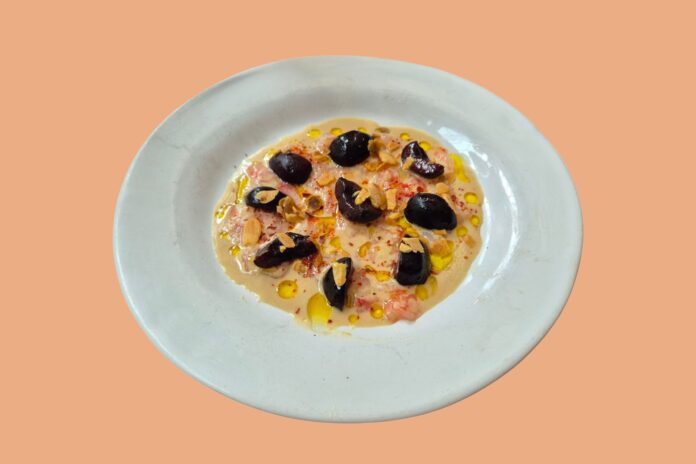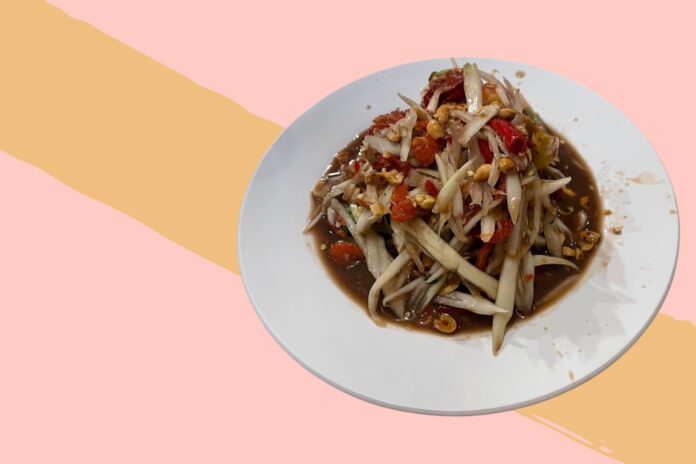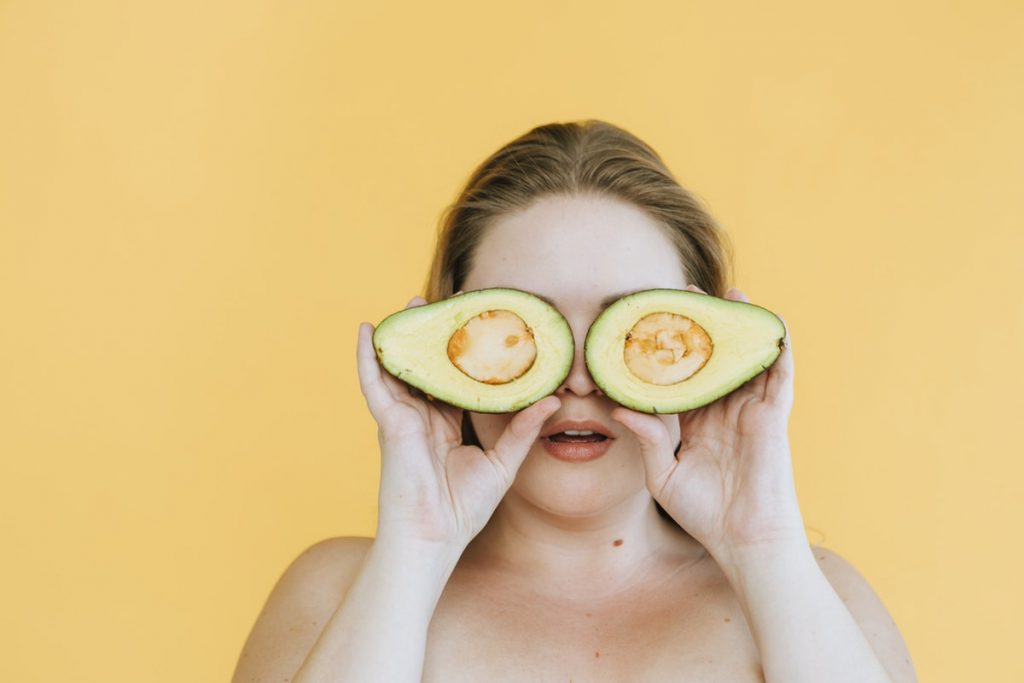
Ideal for achieving a balanced eating regime.
First things first. Let’s leave that pseudoscience at the door. A smoothie of tumeric and blueberries won’t defeat a pandemic. That said, as we grow older, we tend to realize the impact that our diet has on our bodies and overall sense of wellbeing.
We’re not just talking about the increased flatulence of a keen pulse based diet, either. Nope, putting thought into what you put into your body and ensuring we eat more nutritional foods than junk can lead to a multitude of long and short-term benefits. With that in mind, here are 6 healthy foods you need to add to your diet now, IDEAL for achieving a balanced eating regime.
RAW HONEYCOMB
Honeycomb is a bunch of hexagonal wax cells that form the interior of a honey bee beehive. Not only is it delicious, but it’s nutritious, too, and full of vitamins and minerals such as calcium, magnesium, zinc, iron, and vitamins C, B12 and B6, D, E, and A.
Since raw honey is packed with nutrients it can
When choosing the right raw honeycomb, it’s vital to opt for one that’s pure and natural. Amazonian honeycomb is quite delicious with unique floral and herbaceous notes. You can pair the honeycomb with cheese and fruit and even add it on warm bread if you’re looking to try something different with
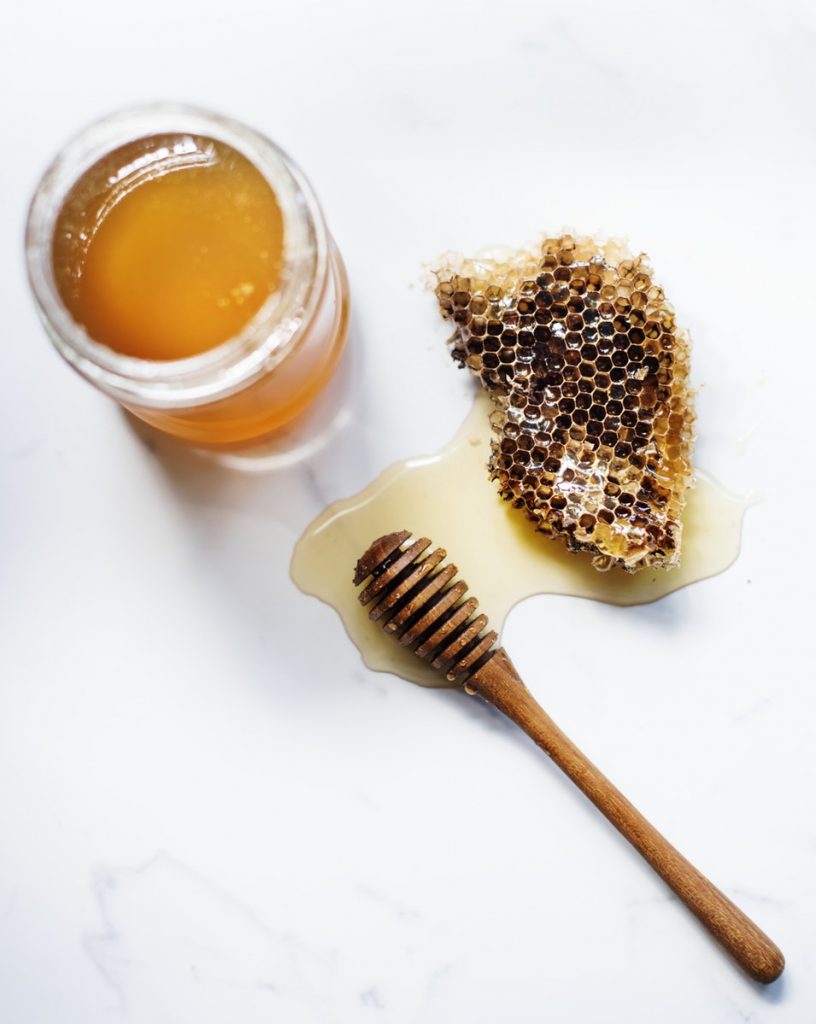
PRAWNS & SHRIMP
Shrimp is the most popular seafood in the United States, and the average consumer eats 4 pounds of shrimp (that’s nearly 2kg of prawns, in British parlance) every year. Not only is it delicious, but it’s an excellent source of vitamin D and protein, making it a great food when you’re looking to lose weight.
Due to their abundant protein, as well as other nutrients such as magnesium, selenium, and calcium, shrimp promotes bone health and may lead to osteoporosis prevention in older adults.
While the variety of shrimp on offer out there is vast, wild-caught shrimp is generally considered the tastiest. Farmed shrimp may be fed with processed food and raised in unsanitary conditions that may potentially jeopardise your health.
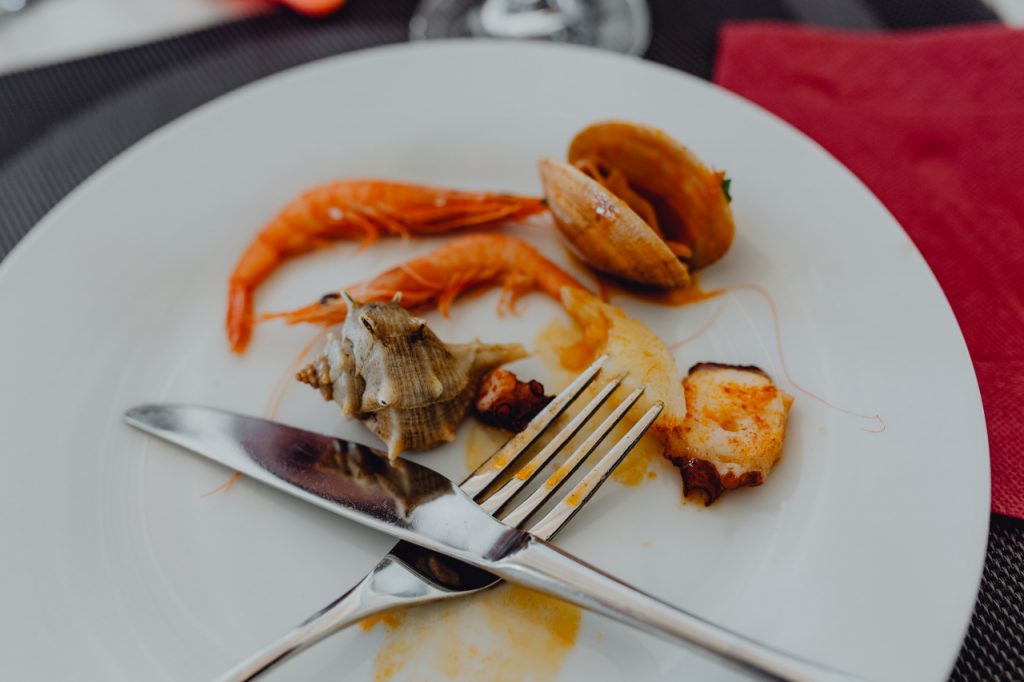
KALE
Calling kale a superfood would be an understatement. Packed with myriad nutrients and minerals, this vegetable is one of the healthiest greens out there due to the fact that it’s one of the most nutrient-dense foods on earth. Its high nutrient content and low-calorie content includes vitamins A, K, B6, and C, manganese, and calcium.
Apart from that nutritional content, kale also contains plenty of powerful antioxidants such as Kaempferol and Quercetin, which have properties that help protect your heart, lower blood pressure and help prevent inflammation.
Kale is also loaded with vitamin C and has approximately 4.5 times more of the vitamin than other vegetables. It’s perhaps one of the best sources of vitamin C, which helps aid in collagen production. Lastly, kale also helps lower cholesterol and potentially reduce the risk of heart disease.
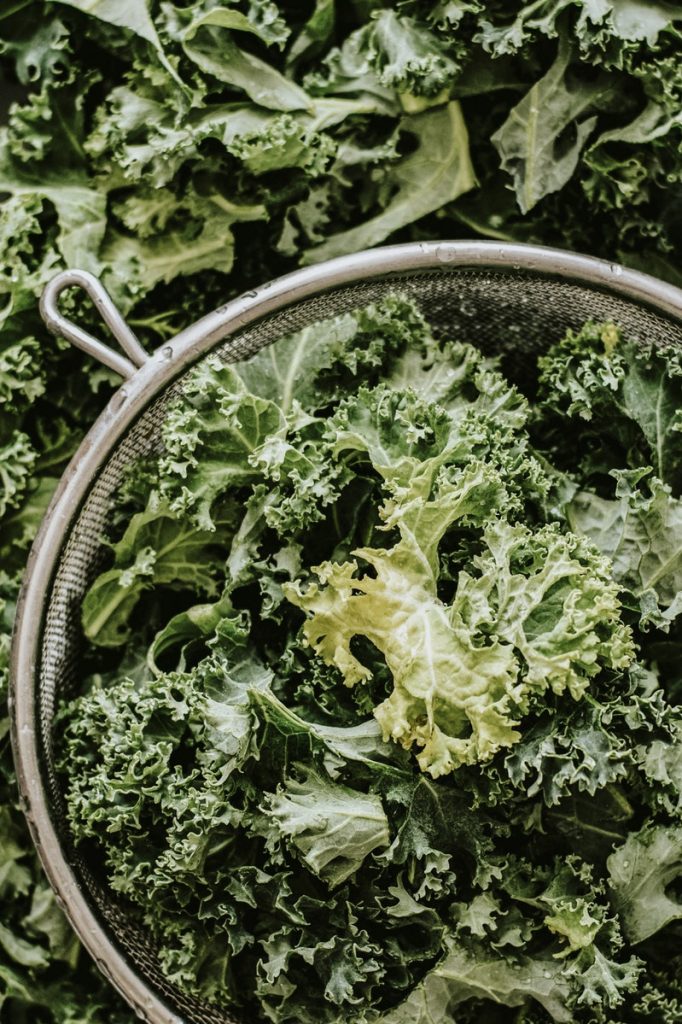
GREEK YOGURT
Different from regular yogurt, Greek yogurt is creamy and rich with more carbs, less sugar, and a slight tart taste. It’s an excellent source of protein, especially if you’re not too fond of meat. Protein provides your body with energy and helps transfer valuable substances, such as oxygen, across cell membranes. Greek yogurt also contains other nutrients, such as B-12, iodine, and calcium.
In addition to this, Greek yogurt is packed with probiotics, which are healthy bacteria that reduce stomach issues and improve your immune system. Research suggests that probiotics are also good for your mental health by impacting cognitive function and how your body responds to stress. They also produce and express neurotransmitters that can affect mood, sleep habits, or appetite.
AVOCADO
Avo seems to get a bad rep from boomers who believe that, when spread on toast and paired with a poached egg, they have the ability to stop us buying a house.
Anyway, avocados are fantastic sources of potassium, folate, niacin, magnesium, pantothenic acid, and vitamins K, B-6, E, and C. Additionally, they also contain beta-carotene, omega-3 fatty acids, and lutein. Lutein, in particular, is excellent for your eyes as it provides antioxidant protection that helps minimize damage, especially from ultraviolet light.
Apart from this, vitamin K, which avocado contains, is necessary for bone health by decreasing urinary excretion of calcium and improving calcium absorption.
While fats contribute to the majority of calories in avocados, these fats are quite beneficial and help you feel full. They contribute to a healthy immune system, skin health and help enhance the absorption of fat-soluble minerals, vitamins, and various other nutrients.
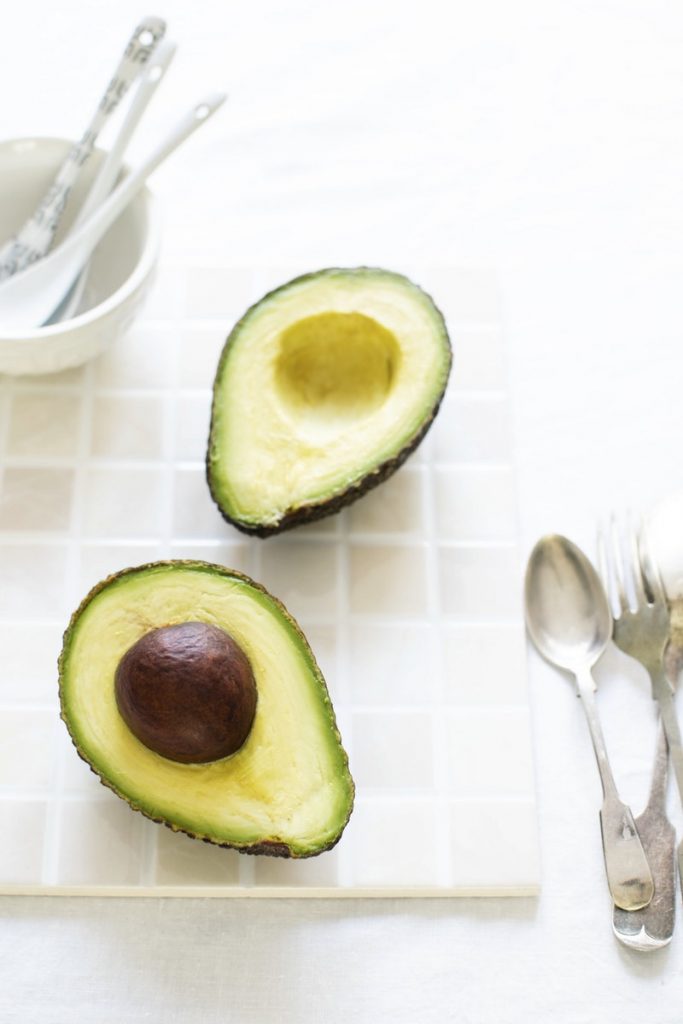
OATMEAL
Packed with
Oatmeal also contains antioxidants, such as polyphenols, that are full of avenanthramides.
Avenanthramides lead to multiple benefits for your health by improving the blood flow, reducing itching and inflammation, and boosting the production of nitric acid, which lowers blood pressure.
Oatmeal also contains soluble and insoluble fiber, both. The former helps stabilize your blood sugar and lower cholesterol while the latter improves intestinal health and reduces constipation.
THE BOTTOM LINE
Above all else, eating a balanced diet, full of colour and variety, is what will see you right. Don’t skip on the pleasure of eating in the name of any fads. Instead, enjoy a meaningful dinner time and rather than avoiding the odd treat, make sure you take pleasure in the healthy stuff, too. It’s all about eating mindfully and with purpose. Bon Appetite!
*This article is not intended to replace medical advice, diagnosis or treatment given by a qualified health professional. Instead, this article only provides information, not advice. For any medical enquiries, always consult your GP first*

